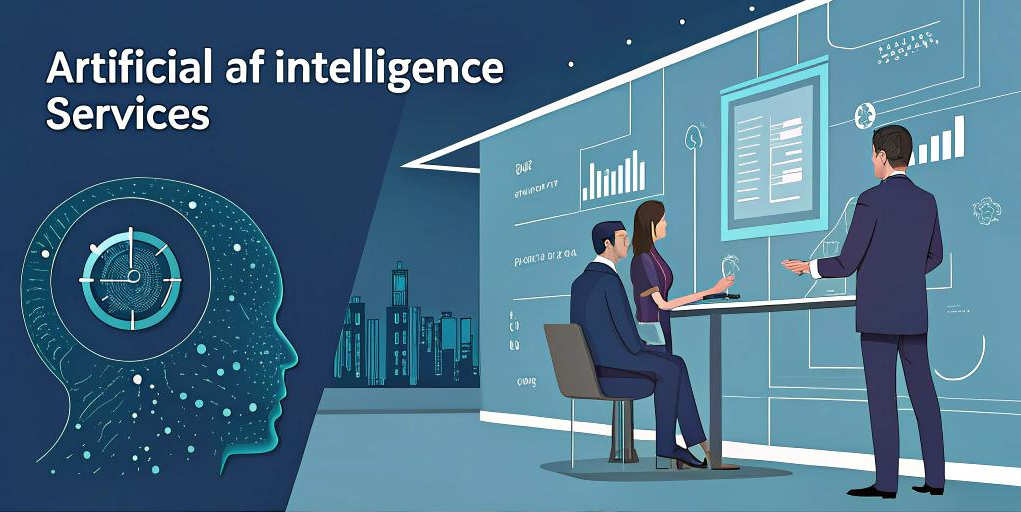Artificial intelligence (AI) is revolutionizing the legal industry, shaping hiring practices, redefining partnership criteria, and influencing operational efficiencies. As law firms and corporate legal teams adapt to an increasingly digital landscape, AI expertise is becoming a crucial asset. This article explores how AI capabilities impact recruitment, partnerships, billing models, and document management, ultimately transforming the legal sector.
The Increasing Significance of AI Knowledge in the Hiring Process
As legal technology advances, firms and in-house legal teams prioritize AI expertise when making hiring decisions. AI-powered tools facilitate legal research, contract review, and case analysis, significantly enhancing efficiency. Consequently, professionals with AI-related skills are in high demand, especially those proficient in legal analytics, machine learning applications, and automation technologies.
Legal recruiters now seek candidates who understand how AI streamlines operations and mitigates risks. Knowledge of AI-driven e-discovery tools, predictive analytics, and automated compliance tracking is becoming a key differentiator. Candidates who can integrate AI solutions effectively are preferred, as firms aim to stay competitive by leveraging technology to improve service delivery and cost efficiency.
The Influence of AI Credentials on Collaborations and Agreements
Beyond recruitment, AI expertise plays a vital role in forming and maintaining business relationships. Law firms and legal departments evaluate AI capabilities when selecting partners and negotiating contracts. Organizations increasingly expect their legal service providers to leverage AI tools for enhanced efficiency, accuracy, and strategic insights.
AI-driven contract lifecycle management tools ensure better compliance, risk assessment, and automation of routine legal tasks. As a result, firms without AI competencies may struggle to secure high-value partnerships or maintain existing collaborations. Additionally, contract renewal decisions now factor in a partner’s ability to adopt AI-powered solutions, making technological proficiency a critical benchmark for long-term success.

Shifting Towards Alternative Billing Models Driven by Clients
Traditional billable-hour models are being replaced by client-driven alternative billing structures, largely due to evolving expectations for transparency and efficiency. Clients demand value-based pricing, fixed fees, and performance-based billing, pushing legal firms to innovate their pricing strategies.
AI-driven analytics play a key role in shaping these new billing models. By leveraging AI to analyze historical case data and predict legal costs, firms can offer more accurate and competitive pricing. Additionally, automation reduces manual work, lowering operational costs and allowing firms to pass savings on to clients. This shift not only improves client satisfaction but also fosters stronger, trust-based relationships between legal professionals and their clients.
The Crucial Importance of AI-Driven Document Management Solutions
Document management is a cornerstone of legal operations, and AI-powered solutions are revolutionizing how firms handle large volumes of documents. AI-driven document review platforms can categorize, index, and extract key information from legal documents with remarkable speed and accuracy.
These tools significantly enhance efficiency in contract review, compliance monitoring, and case research. AI-based legal assistants streamline document retrieval, reduce human error, and improve collaboration among legal teams. Additionally, natural language processing (NLP) capabilities enable firms to analyze patterns in legal documents, providing strategic insights that enhance decision-making.
Conclusion
AI is no longer an optional advantage in the legal industry—it is a necessity. Firms that embrace AI in recruitment, partnerships, billing models, and document management gain a competitive edge by enhancing efficiency, reducing costs, and improving service delivery. As AI continues to evolve, legal professionals must develop their technological proficiency to meet the demands of a rapidly transforming industry. Those who leverage AI effectively will drive innovation, strengthen client relationships, and shape the future of legal practice.

Ready to start?



